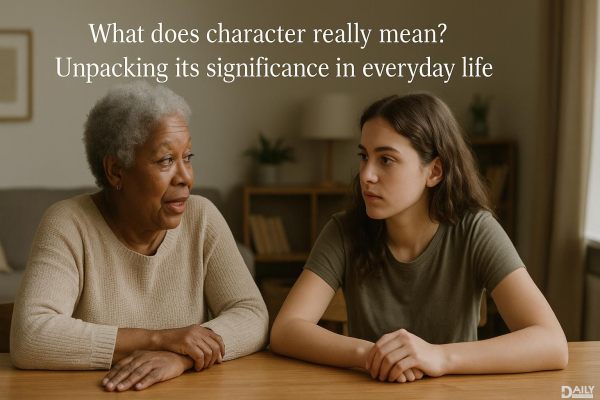If you've ever felt your body stiffen up when your partner goes in for a hug or kiss—even though you genuinely love them—you're not alone. That involuntary flinch or tension is called the "bristle reaction," a term that’s blowing up on TikTok thanks to sex therapist Vanessa Marin. It’s not about disliking your partner; it’s more like your nervous system hitting the brakes without warning. The good news? Understanding why it happens and how to work through it can help bring back that easy, affectionate flow in your relationship.
What Exactly Is the Bristle Reaction?
Picture this: Your partner leans in for a spontaneous kiss, and instead of melting into it, your shoulders hike up to your ears. That’s the bristle reaction—a physical response where your body tenses up, almost like a reflex, even when you’re emotionally on board with the affection. Marin describes it as your body’s way of saying, "Whoa, hold up—I wasn’t ready for that." It’s not about rejection; it’s about surprise and a momentary disconnect between your brain and your body’s sense of safety.
Dr. Lisa Lawless explains that this reaction often stems from our autonomic nervous system, which controls fight-or-flight responses. If you’re stressed, distracted, or even just deep in thought, an unexpected touch can trigger a mini-defense mode. For some, past experiences (like trauma or inconsistent affection in childhood) can also wire the brain to interpret sudden touch as a potential threat, even in safe, loving relationships.
Why Does It Happen in Happy Relationships?
Here’s the kicker: You can adore your partner and still bristle at their touch. Long-term relationships often fall into predictable routines, and physical intimacy can start to feel like just another item on the to-do list. Marin points out that when life gets busy—work deadlines, parenting, or just mental exhaustion—your body might treat affection like an unscheduled interruption. "It’s not that you don’t want closeness," she says. "It’s that your system hasn’t had time to shift gears from ‘task mode’ to ‘cuddle mode.’"
Another factor? Overstimulation. If you’re someone who needs more personal space or time to decompress, even loving touches can feel like sensory overload. Lawless adds that mismatched love languages play a role too: If your partner is all about physical touch but you express love through acts of service or words, unsolicited hugs might feel more like an invasion than a connection.
How to Soften the Bristle Reaction
The goal isn’t to eliminate the bristle reaction—that’d be like fighting a sneeze. Instead, it’s about creating conditions where it happens less often. Marin’s top tip: Slow down. "Give your body a heads-up," she says. A simple, "Can I hug you?" or a hand on the shoulder before going in for a kiss lets your nervous system prepare. For partners, this isn’t about walking on eggshells; it’s about building trust through consent and awareness.
Lawless recommends "touch exercises" to rewire the response. Try sitting back-to-back with your partner and gradually leaning into each other’s weight, or holding hands while focusing on your breath. These low-pressure practices help your brain associate touch with safety again. And if stress is the main culprit? Schedule affection. It might sound unromantic, but setting aside 10 minutes for intentional cuddling (no phones, no agenda) can work wonders for recalibrating your comfort levels.
When to Dig Deeper
Sometimes, the bristle reaction is more than just busyness or overstimulation. If you notice it’s paired with anxiety, avoidance, or memories of past trauma, therapy can help unpack those layers. "Your body keeps score," Lawless says. "If touch consistently feels unsafe, there’s likely an underlying reason worth exploring." Somatic therapy or EMDR (a technique used to process trauma) can be especially helpful for rewiring touch-related responses.
For couples, Marin suggests framing it as a teamwork issue—not a personal rejection. Phrases like, "I love your affection, but my body sometimes needs a slower start—can we figure this out together?" keep the focus on solutions. Remember: The bristle reaction doesn’t mean your relationship is broken. In fact, addressing it can lead to deeper intimacy because you’re learning to connect in ways that honor both people’s needs.
At the end of the day, the bristle reaction is just your body’s quirky way of asking for a little more mindfulness. By slowing down, communicating, and practicing intentional touch, you can teach your nervous system that love—even when it comes in sudden hugs—is a safe space to relax into.
























